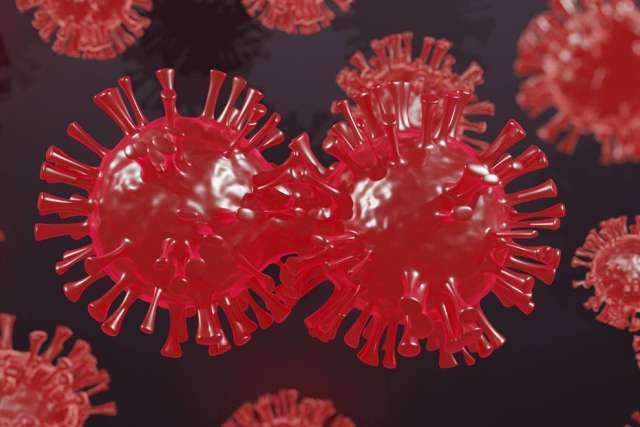Dear Doctor: I’m not sure I understand what’s going on with the coronavirus variants. What are they, and how do they happen? And what is it that’s so dangerous about the delta variant? If it’s so different from the original coronavirus, shouldn’t we just wait until there’s a new vaccine?
Dear Reader: You’ve raised a very important issue with your last question, so we’ll answer it first. Barring a medical condition or allergy that precludes it, we urge anyone who has not yet been vaccinated to do so. COVID-19 vaccines are now available at no cost to everyone 12 years of age and older. Widespread vaccination, which gives our bodies a playbook to fight off the virus, is our best hope at stopping this pandemic.
It’s true that in recent weeks, the delta variant has dominated the news. However, SARS-CoV-2, the coronavirus that causes COVID-19, continues to pose a serious risk. The three vaccines now available in the U.S. offer robust protection against SARS-CoV-2. Data shows that while efficacy dips for the delta variant, the vaccines still offer strong protection. This includes not only a significantly lower risk of becoming infected, but also a milder illness should infection take place.
You have echoed many readers with your questions regarding variants. In understanding the spread and specifics of the coronavirus pandemic, many of us have become amateur virologists. This has meant learning new terminology, some of which can be confusing.
As we close in on 18 months since the pandemic was first declared, SARS-CoV-2 has continued to do something that all viruses do well, which is to mutate. Once a complete virus particle, known as a virion, enters a cell, it hijacks that cell’s replication machinery. It turns the host cell into a virus factory and forces it to churn out multiple copies. In the process, it destroys the cell, which eventually breaks open. This releases the copies of the virus, which then go on to infect other cells.

Over time, copying errors, or mutations, occur. These can lead to changes in the surface proteins of the virus. Most are small errors, little blips that don’t affect the virus. Some mutations can even weaken it. But when one of these slight changes helps the virus become better at infecting host cells, those virions will not only survive, but they will also get copied a lot. These slightly different and highly successful copies are known as variants.
The delta variant, which was first identified in India in December, has more than 20 confirmed mutations. Two of them are key to its becoming more easily transmitted. One improves the variant’s ability to bind to host cells; the other makes it better at targeting cells in the lungs. Together, these mutations have helped to make this variant markedly more transmissible than the original virus, thus driving fresh outbreaks around the world. The mutations in the delta variant may also be causing illness that is more severe. Remember, the more widely a virus spreads, the more opportunities there are for new variants to arise. That is another argument for everyone to get vaccinated.
(Send your questions to [email protected], or write: Ask the Doctors, c/o UCLA Health Sciences Media Relations, 10960 Wilshire Blvd., Suite 1955, Los Angeles, CA 90025. Owing to the volume of mail, personal replies cannot be provided.)





